
Other ways to browse:
Latest Posts
-

Supernovae: Cosmic Fireworks
A supernova is a spectacular explosion of a massive star. Not very. Astronomers believe that about two or three supernovas occur each century in galaxies like our own Milky Way. Because the universe contains so many galaxies, astronomers observe a few hundred supernovas per year outside our galaxy. Space dust… Read more
-

Eye-Level Shoponomics
No matter how retailers arrange goods on their shelves—horizontally, vertically, by block, margin, market share, or otherwise—the area at and 15 inches below eye level is always the prime real estate in every aisle of large supermarket chains, department stores, convenience stores, and even small, mom-and-pop shops. This is where… Read more
-

The Art of Holding Your Pee
When your bladder fills up, the pressure inside increases, triggering a psychoneural process that leads to urinary urgency—that sudden, compelling need to urinate. Sometimes, fulfilling that immediate need encounters unexpected hurdles: no restroom nearby, all nearby ones are locked, or the distance to the nearest one is too great. Or,… Read more
-

Like vs Such as
“Like” and “such as” are often used interchangeably to introduce examples. However, there is a subtle difference in their usage. “Like” is more informal and is used to draw comparisons or to liken one thing to another. “Such as” is more formal and specific, typically used to introduce examples in… Read more
-

Pelvic Floor Muscle Training
While using the bathroom to relieve yourself may not seem like exercise, it actually engages your pelvic floor muscles. Without their proper contraction and relaxation, this basic activity would be impossible. These muscles can weaken and strain due to factors such as poor posture, sedentary lifestyle, constipation, chronic coughing, obesity,… Read more
-

Safely Sneezing and Coughing
By looking up or over your shoulder while coughing or sneezing, you can reduce the strain on your pelvic floor caused by the sudden increase in pressure in your abdomen. Read more
-

Peeculiar Urinometrics
The human bladder can hold between 350 ml to 600 ml of urine. Its fullness can be comfortably suppressed by voluntary activity of the pudendal nerve until the bladder reaches a maximum capacity of about 500 ml. With a typical fluid intake of around 2 liters per day, healthy adults… Read more
-
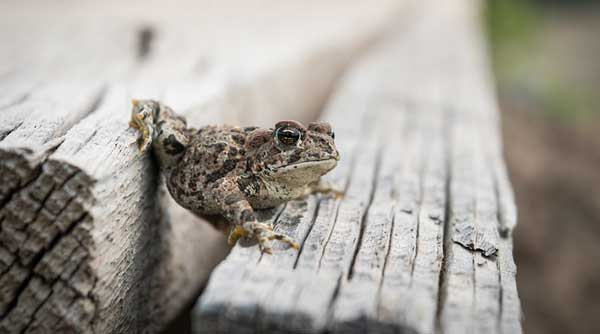
Chilling Resilience: How Frogs Survive the Cold Winter
Animals have a variety of ways to cope with adverse environmental conditions. Many utilize dormancy—a prolonged period of inactivity and fasting—to survive winters when temperatures often drop below freezing. Frogs, along with other cold-blooded amphibians, lack the ability to regulate their body temperature internally. Thus, they have developed clever methods… Read more
-

Clearing the Air: Tree Planting Won’t Solve Air Pollution
Undoubtedly, trees play an important role in reducing air pollution in urban areas. However, their contribution alone is not sufficient. While trees are generally beneficial, they can also have negative effects. In some cases, they hinder the dispersion and transport of air pollutants and may even emit gases that exacerbate… Read more
-
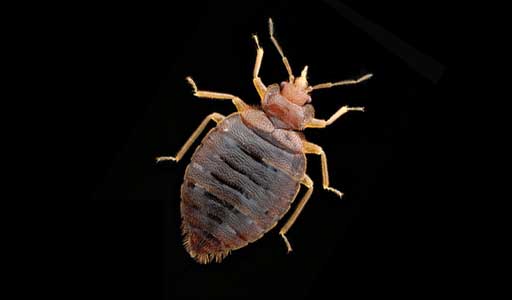
Checking In? Check for Bed Bugs First
The last thing you want after returning home from a business trip or vacation is to discover unwelcome guests—bed bugs—that you brought with you. They are found worldwide, from North and South America to Africa, Asia, and Europe, even in unexpected places like five-star hotels and luxury resorts. Therefore, the… Read more
-

Five Simple Paths to Happiness
The five Nordic countries—Finland, Denmark, Iceland, Sweden, and Norway—have consistently ranked among the top ten happiest countries since the World Happiness Report began its annual ranking in 2013. In contrast, the United States ranked 23rd in 2024. What lessons can we take from the world’s happiest nations? Read more
-
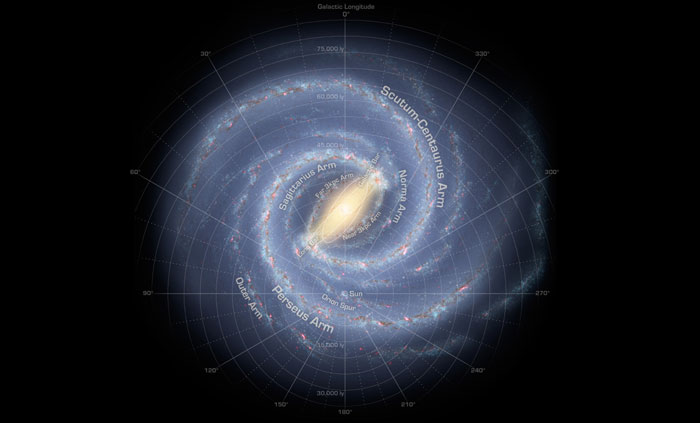
Spiral Arms: Stellar Traffic Jams
The sprawling spiral arms observed in spiral galaxies aren’t structural components. Scientists believe that these arms represent enormous traffic jams—areas of increased density formed by the combined effects of differential rotation and gravitational clumping of galactic material. Read more
-
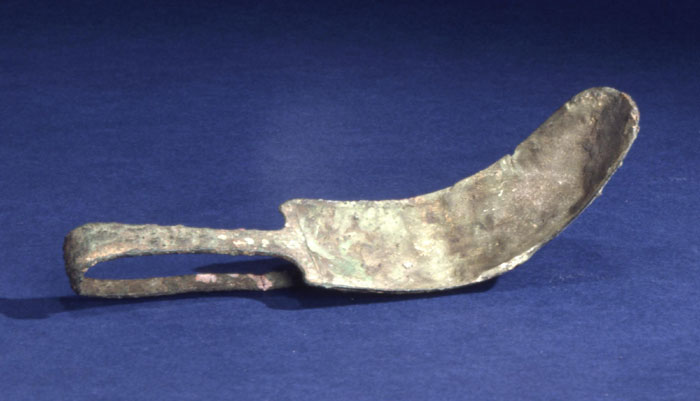
Strigil: Rome’s Alternative to Soap
Ruins of opulent public bathhouses, known as “thermae,” stand as visual testaments to the ancient Romans’ obsession with cleanliness. Historians reveal that individuals across all social strata, from the affluent to the impoverished, and even slaves living in the capital of the Roman Empire, made it a habit to bathe… Read more
-

How Soap Lifts Dirt and Water Washes It Away
If you consider the hygienic and sanitary properties of soap, the true purpose of washing your hands is not to kill bacteria and viruses, but to simply wash them away. And the way regular soap accomplishes this task is truly remarkable on a molecular level. Read more
-

The Magic Trio: Soap’s Three Essential Ingredients
Soap, a surfactant commonly used for washing, bathing, and housekeeping, has a very long history spanning about 3,500 years. During this time, it has undergone a remarkable transformation from a greasy, smelly substance to the scented solid, liquid, and powdered detergents we use today. Despite its ancient origins and evolution,… Read more
-

Weighty Matters: Earth’s Gravitational Variations
Looking to shed a few pounds quickly? Consider climbing Mount Everest. At the summit of the world’s tallest peak, you’ll weigh approximately half a percentage point less than at sea level (assuming you haven’t lost mass during the ascent!). If mountain climbing isn’t your cup of tea, hop on a… Read more
-
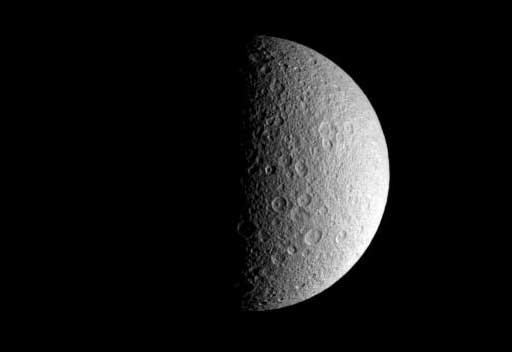
Moonlight Sonata: The Rhythm of Eight Lunar Phases
As the Moon completes its orbit around Earth, its appearance transitions from invisibility to a brightly illuminated, near-circular disk. These changes are known as the “phases” that comprise a lunar cycle. Each cycle lasts, on average, 29 days, 12 hours, 44 minutes, and 3 seconds in Earth time and consists… Read more
-
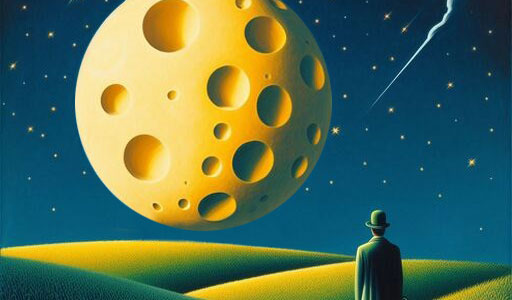
The Scorched Aroma of Lunar Dust
Does the Moon smell like cheese? Not quite. When Apollo 11 astronauts completed their moonwalk and returned to the Eagle lunar lander, they described the scent as resembling spent gunpowder. This odor emanated from the lunar dust that coated their spacesuits, equipment, and the lunar samples they brought back on… Read more
-

The Magnifying Power of Gravitational Lensing
Wouldn’t it be nice to have magic glasses that allow you to see through solid objects? (On second thought, maybe it’s not such a good idea. You wouldn’t want a stranger watching you take a shower.) For scientists, there’s no need for magic glasses. A natural phenomenon called “gravitational lensing”… Read more
-
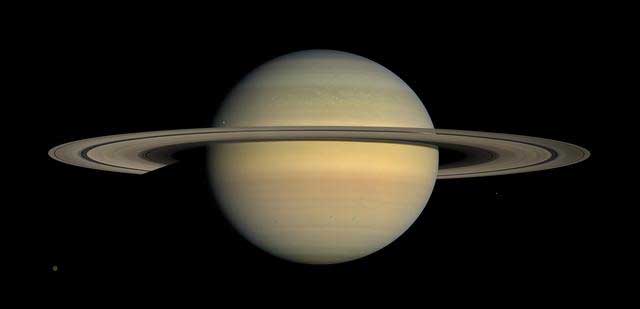
Planet or Not?
What exactly are planets, the objects in the sky the ancient Greeks called “wanderers?” There are various ways to define them. In 2006, the International Astronomical Union (IAU), the authority responsible for naming celestial objects, established the official definition of a planet as a celestial body that meets these three… Read more

